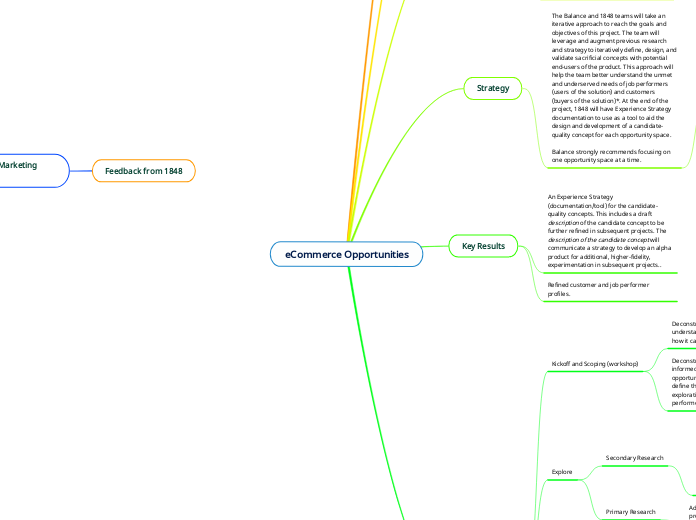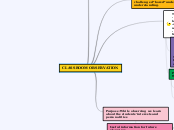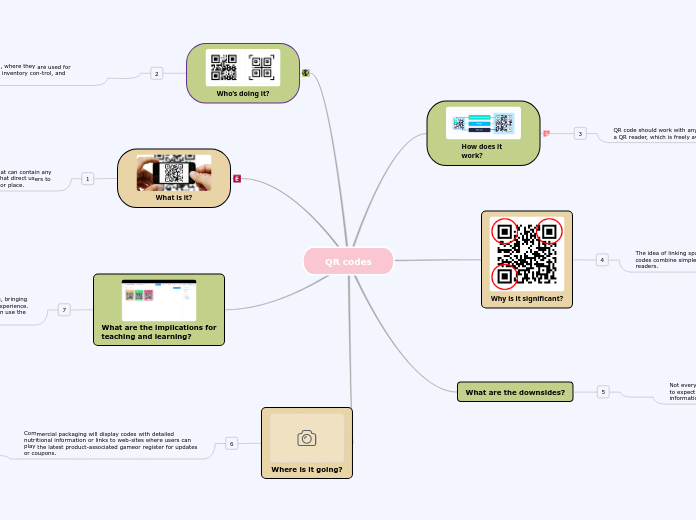Feedback from 1848
JTBD: Cracking the Marketing Code
Process
Phase 2: Concept Refinement
Candidate Concept Evaluation
Candidate Concept Resonance Evaluation
Fill-out in person
Evaluation of Exp Strategy features and/or benefits
This will allow us to see whether the concept execution is mismatched with the perceived value of the features.
Candidate Concept Development
Phase 1: Strategy
Experience Strategy Development
Benefits priorization
Creative Constraints
by broadly defined feature
Principles
Lean Product Exploration
IDI's
Sacrificial Concept Resonance Evaluation
Kano Model Survey
Fill out in-person
Features and/or benefits
Jobs Interview
Sacrificial Concept development
Foundational Understanding
Domain Knowledge
Previous work
End Goal
3-5 Candidate Concepts
Make recommendations on next steps
Executions on the Experience Strategy
Floating topic
Develop descriptive sacrificial conceptual products and services as stimuli to support research activities.
Kano Model questionnaire in the interviews. The concepts are presented to the participant to get feedback. The participant is then asked to go through the Kano questionnaire to understand how to categorize the feature.
Prioritized product concept recommendations that should move forward into further development and refinement.
eCommerce Opportunities
Action Steps
Final Synthesis
This documentation is the Experience Strategy. It communicates the solution vision, experience constraints and principles, features, and benefits. It provides a clear roadmap for the design and development of the solution.
Synthesize evaluative research findings into tools that will guide the design and development of candidate-quality concepts.
Refine
The team will analyze and synthesize feedback to refine the concepts.
Evaluate
At the conclusion of all evaluation interviews, a Kano Model questionnaire will be completed by the participant with the help of the facilitator. This special type of questionnaire is an extremely useful tool to prioritize the features and benefits of the solution.
The team will present sacrificial concepts to potential customers (job performers) to gather feedback critical to perfecting, killing, or pivoting the idea (solution).
Design
Design and describe sacrificial low-fidelity concepts to use as stimuli in evaluation interviews.
Synthesize
The team will synthesize previous research findings and secondary research to create theories on the benefits, constraints, principles, and features to guide the development of sacrificial concepts.
Explore
Primary Research
Additional primary research to augment previous work.
Secondary Research
The team will explore the current experiences of the job performers and the jobs to be done identified in previous research and in the scoping workshop. This initial exploration focuses on secondary sources of information and helps the team develop hypotheses and clarifications to aid in the definition of the sacrificial concepts.
For example, we might conduct additional secondary research to better understand the challenges related to tracking across sites (CTMC) or what situations or products fall under 'search' or 'experience' umbrellas.
Kickoff and Scoping (workshop)
Deconstruct the jobs to be done that informed the development of the opportunities spaces. This will help the team define the avenues ripe for additional exploration into the space, including the job performers we will want to talk to.
Deconstruct the proposed concept to better understand the intricacies of the idea and how it came to be.
Key Results
Refined customer and job performer profiles.
An Experience Strategy (documentation/tool) for the candidate-quality concepts. This includes a draft description of the candidate concept to be further refined in subsequent projects. The description of the candidate concept will communicate a strategy to develop an alpha product for additional, higher-fidelity, experimentation in subsequent projects..
Strategy
The Balance and 1848 teams will take an iterative approach to reach the goals and objectives of this project. The team will leverage and augment previous research and strategy to iteratively define, design, and validate sacrificial concepts with potential end-users of the product. This approach will help the team better understand the unmet and underserved needs of job performers (users of the solution) and customers (buyers of the solution)*. At the end of the project, 1848 will have Experience Strategy documentation to use as a tool to aid the design and development of a candidate-quality concept for each opportunity space.
Balance strongly recommends focusing on one opportunity space at a time.
*it is unclear if these are the same people at this point.
Objectives
Define the Experience Strategy of candidate-fidelity concept(s). An Experience Strategy defines the vision, benefits, principles, and constraints that guide the design and development of refined, candidate-fidelity concepts.
Refine and validate customer and job performer profiles.
Identify discrete opportunities to deliver value in each of the two opportunity spaces. These deeper level opportunities are distilled into a prioritized list of benefits that feed conceptual feature ideation and design.
Assumptions
The team will focus on one opportunity space at a time. The work dedicated to the first opportunity space will be completed prior to kicking off work on the second opportunity space.
Balance will make effort to align with standards developed within 1848 Ventures. Standards might be templates for how concepts are communicated, etc.
Primary and secondary research have led to these two opportunity spaces and can be leveraged as a starting point for the project.
Background
1848 has been exploring the eCommerce space to identify opportunities to support small businesses with digital storefronts. The team has defined two top-level opportunity spaces that they wish to explore further: Crack the Marketing Code & Know Exactly What I'm Selling. 1848 is looking for a partner to work with them to build upon their current knowledge of the discrete opportunities within these opportunity spaces and ultimately make significant progress towards a candidate product concept.
1848 Ventures has spent time understanding the opportunity spaces and needs of eCommerce merchants with their own digital storefront and would like to continue to explore the following
Know exactly what I'm selling
Help me choose the tactics and strategies best suited for the type of product that I'm selling.
Crack the Marketing Code
When I'm considering putting more money into advertising, help me confidently/quickly/safely experiment to improve conversion rate so I can turn '$20,000 in ad spend on Facebook into $40,000 in sales."









